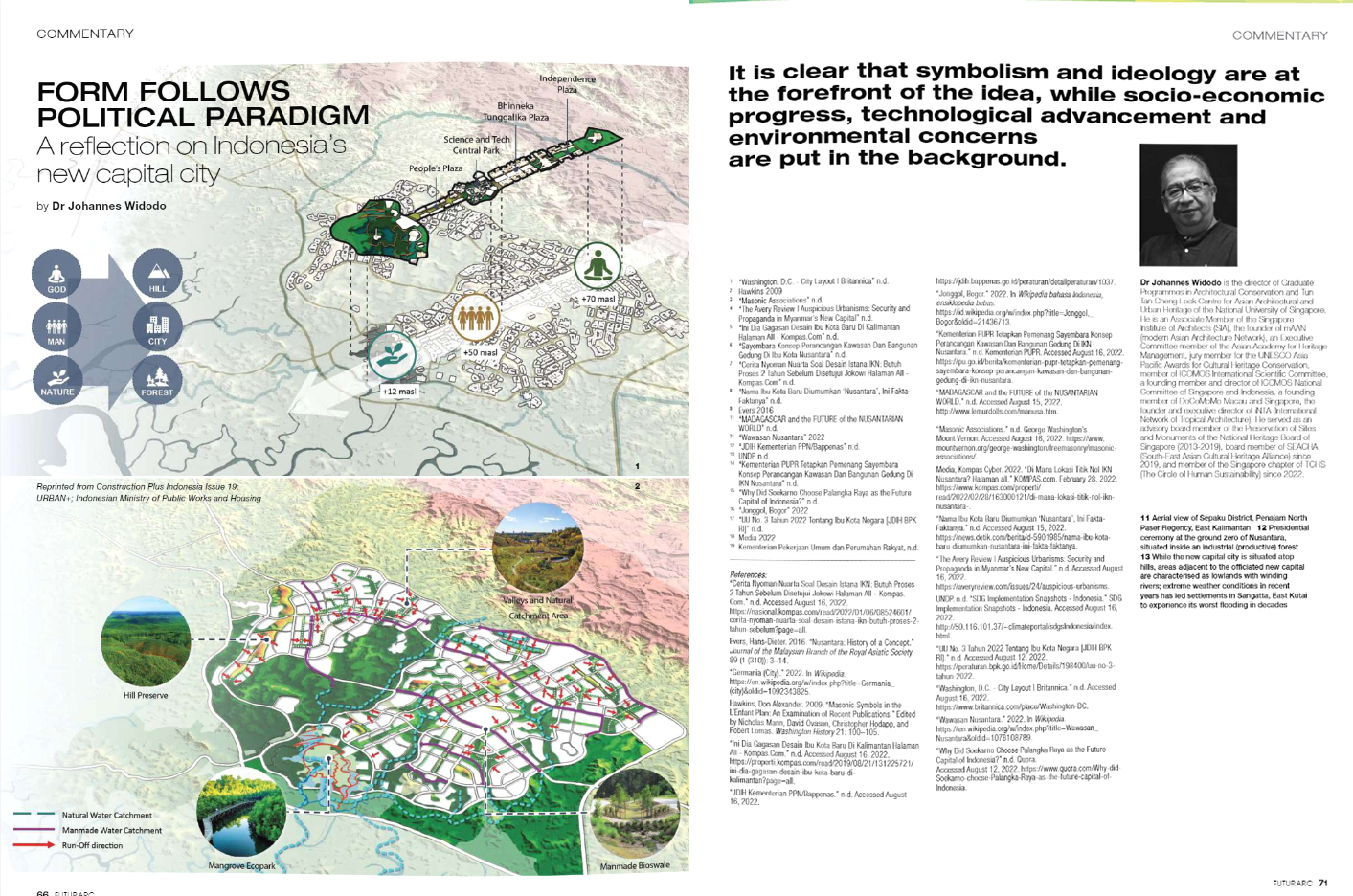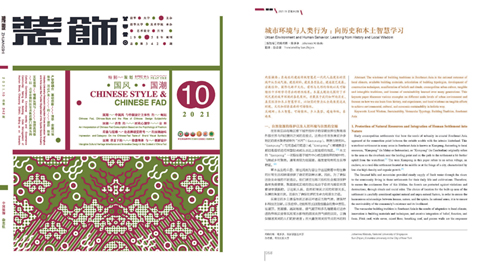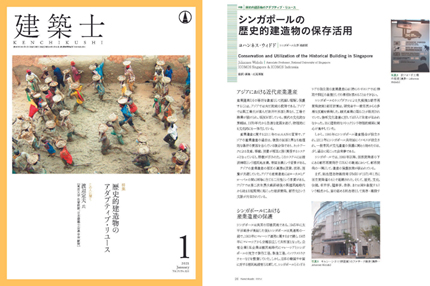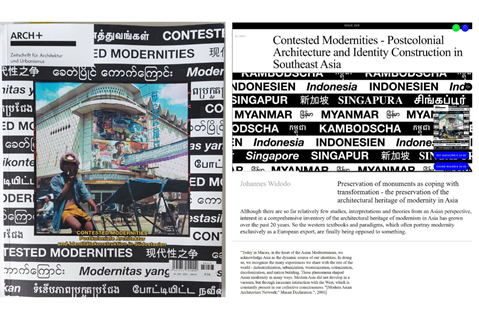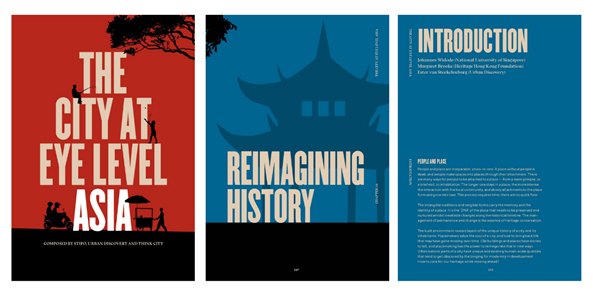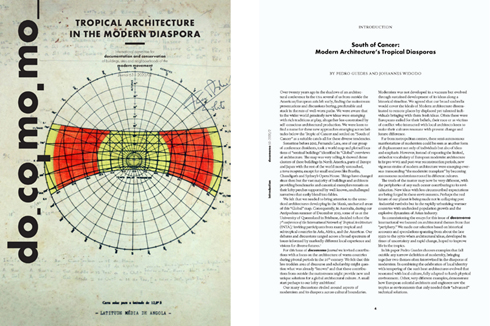Johannes WIDODO (Dr)
Associate Professor (Tenure Track)
Dr Johannes WIDODO (陳國林, ウィドドヨハネス) is the director of the Tun Tan Cheng Lock Centre for Asian Architectural and Urban Heritage in Melaka of the Department of Architecture, National University of Singapore. He is an Associate Member of the Singapore Institute of Architects (SIA), Founding Executive of mAAN (modern Asian Architecture Network), Founding Director of iNTA (International Network of Tropical Architecture), Executive Committee member of the Asian Academy for Heritage Management, jury member for UNESCO Asia Pacific Awards for Cultural Heritage Conservation, Voting Member ICOMOS International Scientific Committee, Founding Director of ICOMOS National Committee of Singapore and Indonesia, Founding Director of DoCoMoMo Macau and Founder of DoCoMoMo Singapore, Co-founder and Executive Board Member of SEACHA (South-East Asian Cultural Heritage Alliance) platform (since 2019), and Member of the Alumni KU Leuven Regional Council South East Asia (since 2020). He served as an Advisory Board Member of the Preservation of Sites and Monuments of the National Heritage Board of Singapore (2013-2019).
His research interests are: Architectural History, Theory, and Criticism; Urban Design and Urban Studies; Heritage Conservation and Management; Tropical Architecture; Training and Education in Architecture, Urbanism, and Cultural Heritage Management; and Cultural Sustainability.
He received his first professional degree in Architecture (Ir.) from Parahyangan Catholic University (Bandung, Indonesia, 1984), Master of Architectural Engineering (M.Arch.Eng.) from Katholieke Universiteit Leuven (Leuven, Belgium, 1988), and PhD in Architecture from the University of Tokyo (Tokyo, Japan, 1996).
Contact: Skype: live:akijw
URL: https://johanneswidodo.academia.edu/
More information can be found in his portfolio here: https://discovery.nus.edu.sg/849-johannes-widodo
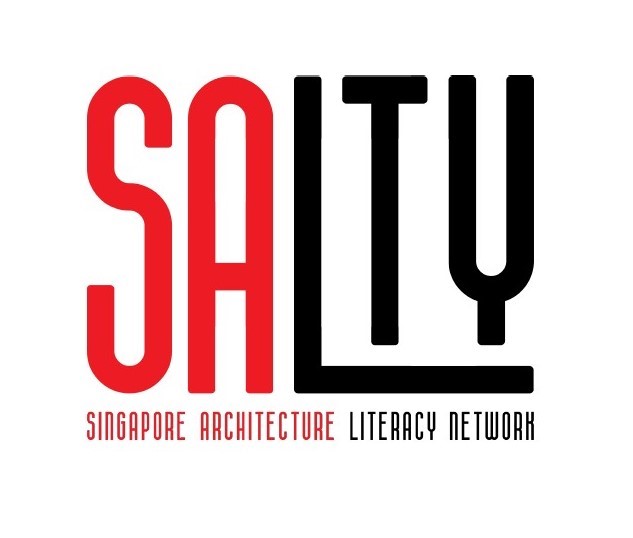
The Singapore Architecture Literacy (SALTY) Network is a digital initiative that aims to index and consolidate public memories and data on Singapore's architectural heritage as a "middle platform" for a multi-stakeholders urban conservation and development management system. The development of SALTY is supported by the National Heritage Board Heritage's Project Grant "Singapore Architecture Literacy (SALty): Digital Platform for Heritage Architecture & Cultural Heritage" (2019-2022, TPV: S$113,600, PI: Johannes Widodo). SALTY provides a crowd-sourced database that can spotlight sites and spaces still underrepresented in Singapore's architectural heritage landscape by collecting and presenting original contributions by interested public members alongside original research. The flexible nature of SALTY's design allows for a range of potential applications such as usage in higher education modules exploring Singapore's urban histories, in CCA programmes for students undergoing primary and secondary education that can inculcate a critical appreciation for local history and spaces, aid spatially engaged cultural mapping initiatives by NGOs and civil society, developing cultural tourism destinations and itineraries, or eventually in the implementation of UNESCO-led Historic Urban Landscape (HUL) instruments and urban conservation management plans. SALTY Platform URL: bit.ly/SALTYnet – SALTY Contribution bit.ly/SALTYentry
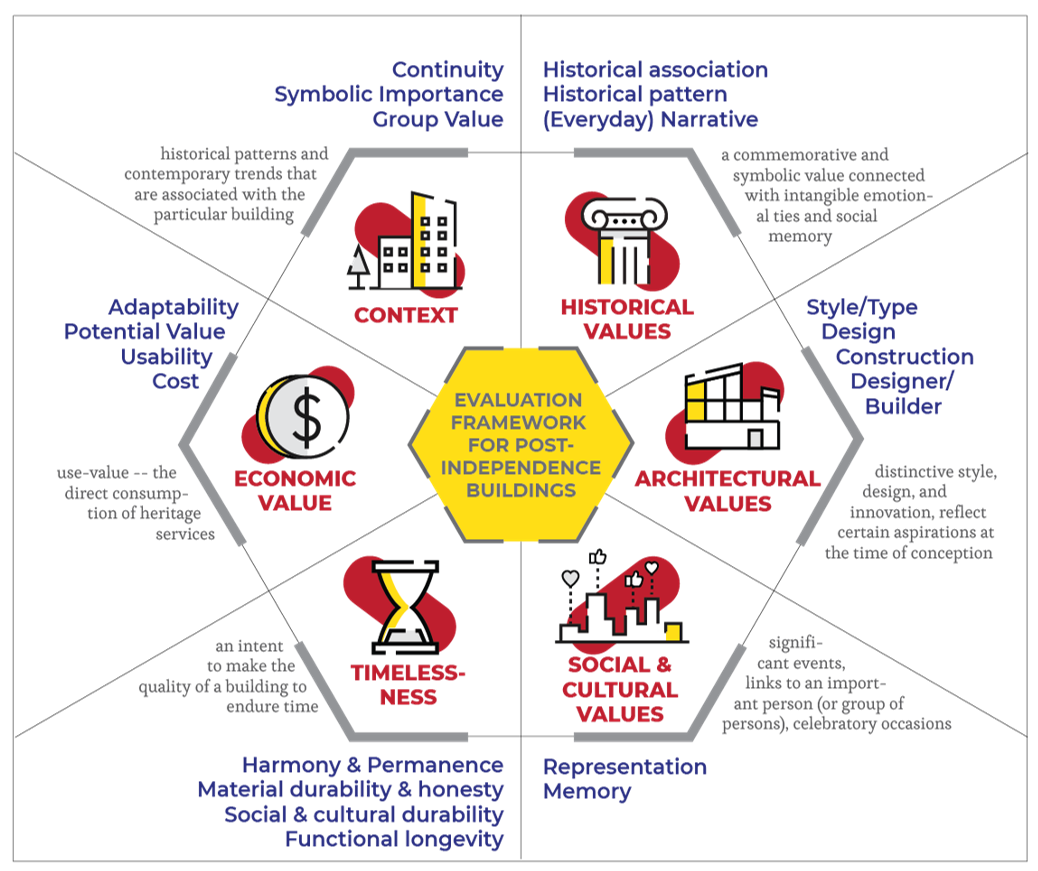
The research applies a multi-prong approach to develop a decision support system that incorporates: (1) an assessment framework that allows for a comprehensive, transparent, and critical assessment of the historical, social-cultural, and architectural significance of post-independence buildings; (2) an economic evaluation tool that assesses these buildings in light of current market imperatives, taking into account economic costs, long-term viability, functionality, and sustainability; and (3) a critical understanding of the prevailing sentiments, contemporary values, and attitudes toward post-independence buildings. Research team: Principal Investigator: Johannes Widodo (Department of Architecture, NUS), Co-Investigator: Fu Yuming (Department of Real Estate, NUS); Ho Weng Hin (Studio Lapis): Special Advisor, Former PI: Malone-Lee Lai Choo, Research Assistants: Quyen Duong, and Ivan Nasution.


